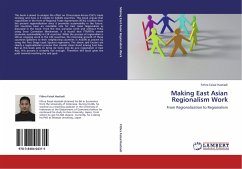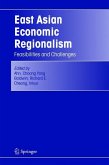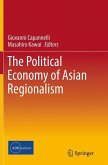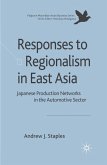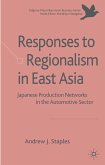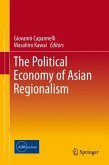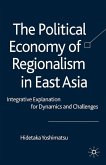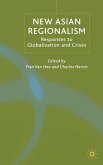This book is aimed to analyze the effect on China-Japan-Korea (CJK) s trade strategy and how is it relates to ASEAN countries. This book argues that regionalism in the form of Regional Trade Agreements (RTAs) is better than the present regionalization since it promotes sustainability in the future. CJK countries have an inevitable role for East Asian Regionalism as discussed in the book. From the two scenarios (with and without FTAs) using Error Correction Mechanism, it is found that FTA/RTAs create economic sustainability in CJK countries. While the process of regionalism is still an ongoing work in the CJK countries, the Economic growth of these countries spillovers to their neighboring countries in ASEAN as proven by using the Two Stage Least Squares regression. The above said factors are clearly a regionalization process that creates closer bond among East Asia. But as this book aims to bring de facto into de jure regionalism in East Asia, this process is certainly not enough. Therefore this book gives the path towards reaching the said goal.

